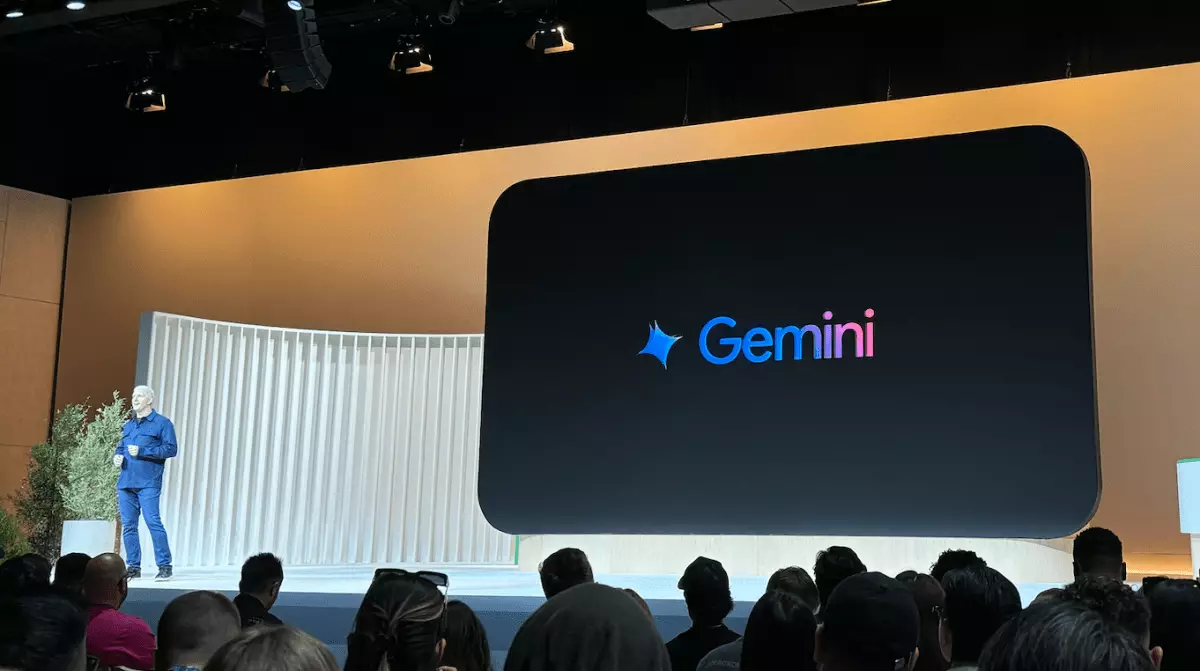On a recent Friday, Google announced the expansion of its Gemini AI’s in-depth research mode, extending support to an impressive 40 languages. Initially unveiled earlier this month, this innovative feature allows subscribers to the company’s Google One AI premium plan to harness the power of an AI-driven research assistant. The in-depth research process is a meticulously structured multi-step methodology, enabling users to devise research strategies, uncover pertinent information, and iteratively refine this data to ultimately generate comprehensive reports.
Challenges of Multilingual AI Research
Despite the promising technology behind Gemini, the real test lies in addressing the challenges associated with multilingual research. Google’s task of providing reliable sources in different languages goes beyond mere translations; it involves accurate summation and the preservation of grammatical integrity in native tongues. TechCrunch recently spoke to HyunJeong Choe, the director of engineering for the Gemini app, who highlighted the inherent difficulties in creating AI models that can competently handle languages such as Hindi. In summary evaluations, this results in discrepancies that can undermine the reliability of the research assistant.
Choe emphasized the importance of utilizing verified and trustworthy data sources while feeding clean datasets into the model. However, the process is not foolproof; factual accuracy remains a long-standing obstacle in generative AI. This concern is particularly prevalent when users expect precise summaries and insights based on extensive research.
Jules Walter, the product lead for international markets within the Gemini app, reaffirmed the company’s commitment to quality assurance through localized testing and quality checks. These efforts involve generating data specifically aimed at addressing language nuances, as well as incorporating feedback from local teams to review and refine datasets. Such thoroughness is crucial for ensuring that the AI captures the intricacies of various languages and cultural contexts, ultimately leading to more reliable outputs.
Moreover, recent reports concerning Gemini’s operational guidelines reveal a stringent approach to quality control. Contracting firms working with Google have recently been restricted from bypassing prompt responses, advocating for a standard of thorough engagement regardless of individual expertise. This move reflects Google’s dedication to improving AI interactions and outcomes.
As Gemini’s capabilities evolve, the implications for users across different linguistic backgrounds are significant. The potential for increased accessibility to information, coupled with improved research outputs, could reshape how knowledge is acquired globally. However, the path forward necessitates ongoing refinement of the AI models to ensure that accuracy, clarity, and grammatical correctness remain prioritized.
While Google has made commendable strides in expanding the functionality of its Gemini AI to support numerous languages, the inherent complexities of multilingual data handling pose legitimate concerns. Continued focus on rigorous data curation, localization, and quality assurance will be vital in advancing AI language comprehension and reliability, ultimately enhancing the user experience in diverse contexts.

